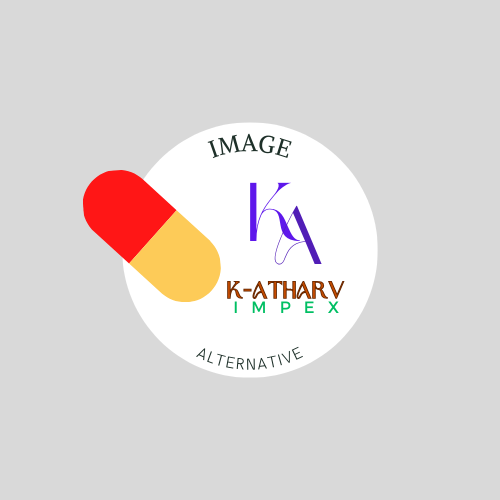- Your cart is empty
- Continue Shopping

Terlieon 1mg Injection
Uses of Terlieon 1mg Injection
- Treats bleeding esophageal varices.
- Improve kidney function in adults with hepatorenal syndrome.
Introduction to Terlieon 1mg Injection
Terlieon 1mg injection contains an active ingredient called Terlipressin. It belongs to the medication class known as a vasopressin receptor agonist. It is used to treat bleeding from dilated veins in the food pipe that connects to the stomach, called bleeding oesophageal varices. It also improves kidney function in adults diagnosed with hepatorenal syndrome, a condition characterized by a sudden decline in kidney function.
Terlieon 1mg injection should not be consumed if you are allergic to Terlipressin or any of its ingredients in the medication. Do not take this medicine if you have low oxygen levels (hypoxia), worsening respiratory symptoms, or reduced blood supply to the heart, limbs, or intestines. Before taking the medicine, inform your doctor if you have a severe infection known as septic shock, bronchial asthma or other respiratory conditions, uncontrolled high blood pressure, previous heart attack (myocardial infarction), hardening of the arteries (arteriosclerosis), irregular heartbeats (cardiac arrhythmias).
Notify your doctor if you have poor blood circulation to the brain (stroke), impaired kidney function (renal insufficiency), disturbances in the level of salt (electrolytes), reduced amount of fluid, or blood loss. Inform your doctor if you are pregnant, planning to get pregnant, breastfeeding, or being over the age of 70 years. Terlieon 1mg injection is not recommended for children and adolescents. Inform your doctor if you are on a low-salt diet, as this medicine contains sodium.
Therapeutic Effects of Terlieon 1mg Injection
Terlieon 1mg injection acts on the walls of blood vessels, leading to their constriction and reducing blood flow to the affected veins. This mechanism helps to stop or slow down the bleeding effectively.
Interaction of Terlieon 1mg Injection with other drugs
Inform your doctor about any prescribed medications, over-the-counter medicines, nutritional or vitamin supplements, and herbal products you take or have taken before the treatment. Certain medications may interact with Terlieon 1mg injection and can cause undesirable side effects.
More Information about Terlieon 1mg Injection
- Keep out of sight and reach of pets and children.
- Do not freeze the medicine.
- Store in a refrigerator at 2-8˚C.
How to consume Terlieon 1mg Injection
Terlieon 1mg injection will be administered to you by a healthcare professional in a hospital setting. It is usually administered in a vein (intravenous). Your doctor will decide the dose, route of administration, and frequency based on your disease condition and other factors.
Safety Advices for Terlieon 1mg Injection
Pregnancy
Limited information is available on the use of Terlieon 1mg injection during pregnancy. Notify your healthcare professional if you are pregnant or planning to have a baby think you may be pregnant.
Breast Feeding
It is unknown whether Terlieon 1mg injection is excreted in breast milk. So, before starting the treatment, inform your doctor if you are breastfeeding. Contact your doctor for more information
Lungs
It is unknown whether Terlieon 1mg injection is safe for patients with lung problems. Notify your physician if you have any lung disease before starting the treatment. Contact your doctor if you experience any lung-related symptoms.
Liver
Limited information is available on the use of Terlieon 1mg injection in patients with liver conditions. Inform your physician if you have any liver disease before starting the treatment. Contact your doctor if you experience any liver-related symptoms.
Alcohol
It is unknown whether consuming alcohol while taking Terlieon 1mg injection is safe. Please speak with your physician.
Driving
It is unknown whether Terlieon 1mg injection alters driving ability. However, if you experience side effects like tiredness or drowsiness, avoid driving and using machines.
Side Effects of Terlieon 1mg Injection
Side effects are unwanted symptoms caused by medicines. Even though all medicines cause side effects, not everyone gets them.
Serious
- Severe shortness of breath
- Severe chest pain
- Persistent and severe irregular heartbeats
- Seizures
- Kidney problems
- Locally dead skin (necrosis)
Common
- Diarrhea
- Headache
- High or low blood pressure
- Abdominal cramps
- Pale skin
- Insufficient blood circulation in arms and legs
- Slow heart rate

